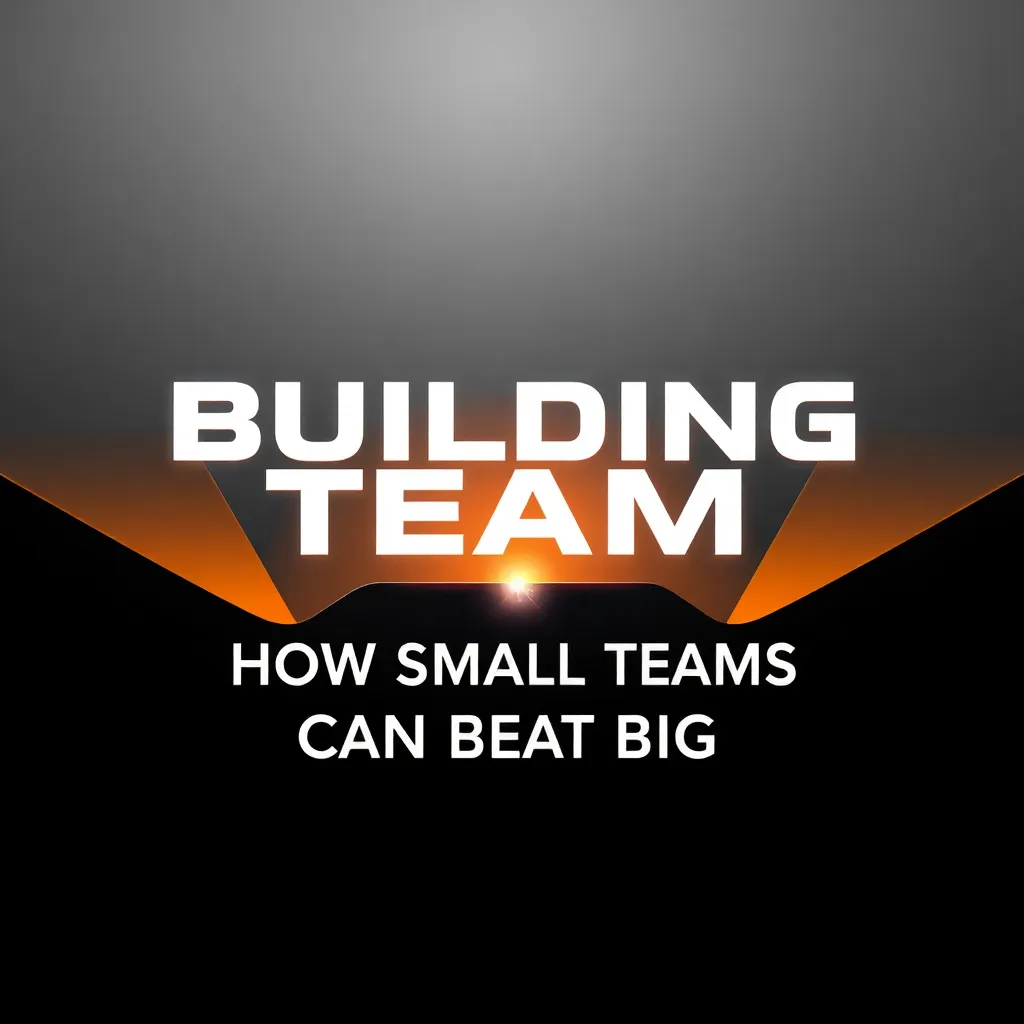Can small teams compete with and even beat the industry giants? History shows us that the answer is a resounding yes. From Facebook to Airbnb, some of the most successful companies in the world started with just a handful of people. The key lies not in numbers but in assembling the right people.
Let’s explore the five essential roles every game-changing team needs and how these roles can transform your startup into an unstoppable force.
The 5 Essential Roles for Success
1. The Analyst: The Visionary Strategist
The Analyst is the foundation of your team. Their role is to identify opportunities, predict challenges, and manage the numbers.
Responsibilities:
- Revenue & Costs: Track income and expenses to ensure financial health.
- Efficiency: Optimize processes and eliminate bottlenecks.
- Scalability: Plan for sustainable growth.
Key Insight: The Analyst sees the game before it’s played, spotting patterns and opportunities that others miss. Without them, even great ideas can collapse under poor planning.
2. The Operator: The Master Executor
As your company grows, everyday operations can distract you from big-picture goals. That’s where the Operator steps in.
Responsibilities:
- Manage daily tasks and logistics.
- Oversee product development or client management.
- Ensure smooth operations while you focus on growth.
Why It Matters: A strong Analyst-Operator duo creates a dynamic foundation for success. Think of Steve Jobs and Tim Cook—they balanced vision with execution flawlessly.
3. The Builder: The Product Creator
The Builder is your go-to expert for creating exceptional products or services.
Responsibilities:
- Design and develop the core offering.
- Push for excellence and innovation.
- Focus solely on building, without managerial distractions.
Spotting a Builder: They obsess over details and innovation, focusing on their craft rather than ownership. Their work elevates your company from good to iconic.
4. The Seller: The Revenue Generator
Early on, founders often manage sales, but as the company grows, bringing in a skilled Seller is critical.
Responsibilities:
- Convert interest into revenue.
- Develop persuasive sales and marketing strategies.
- Build long-term client relationships.
The Secret to Selling: Great Sellers don’t just sell a product—they sell certainty. They craft an environment of trust and handle objections like opportunities.
5. The Storyteller: The Brand Shaper
Once your company gains momentum, the Storyteller ensures that your brand resonates emotionally with your audience.
Responsibilities:
- Build an emotional connection with customers.
- Shape how the world perceives your brand.
- Drive cultural relevance and identity.
Why It’s Crucial: A brand isn’t just about products; it’s about what those products mean to people. Think Nike’s determination or Lego’s creativity. A skilled Storyteller brings that vision to life.
The Bonus Role: The Big Hire
As your business scales, growth can lead to chaos. Enter the Big Hire—a specialist who solves a critical bottleneck in your business.
Responsibilities:
- Focus on one crucial area, whether it’s operations, product development, or marketing.
- Provide deep expertise that directly impacts revenue and growth.
Timing is Everything: Bring in the Big Hire only when your business is ready. Angela Ahrendts revitalized Burberry by connecting luxury with digital marketing, while Sundar Pichai scaled Google’s product development with precision.
David vs. Goliath: The Underdog Advantage
The story of David and Goliath is not just a tale of courage—it’s a blueprint for success. With the right team:
- David was an Analyst: He assessed the situation and found Goliath’s weaknesses.
- David was an Operator: He executed his plan without hesitation.
- David was a Builder: He prepared his tools with precision.
- David was a Seller: He convinced others of his potential victory.
- David was a Storyteller: His underdog tale became one of the most famous stories in history.
When you have the right people by your side, no challenge is too big.
FAQs:
1. Can I start with fewer than five people?
Yes! Start with roles that align with your immediate needs. As you grow, bring in specialists to fill gaps.
2. How do I find the right people for these roles?
Look for individuals who embody the required skills and align with your company’s culture and vision.
3. When should I bring in the Big Hire?
Wait until your business encounters a bottleneck or challenge that requires deep expertise to overcome.
Conclusion:
Small teams, armed with the right talent and strategy, can take on the giants of any industry. By embracing the roles of Analyst, Operator, Builder, Seller, and Storyteller, you create a foundation for innovation, growth, and impact. The key is assembling a team that complements your vision and drives your company to new heights.
